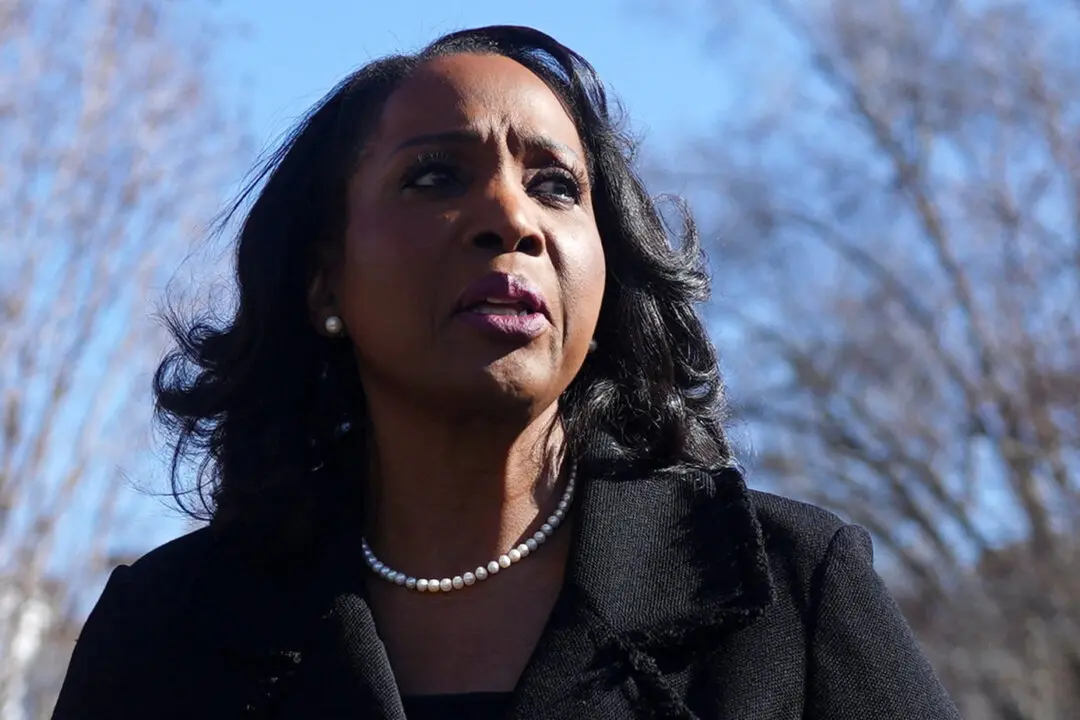GREENBELT, Md.—A federal judge in Maryland has declined to block the Trump administration’s decision to cancel various grants to immigration nonprofits.
While speaking from the bench on April 8, U.S. District Judge Lydia Kay Griggsby said she didn’t believe the plaintiffs had shown that her court had jurisdiction over complaints related to grant recipients who were awarded money for fiscal year 2023.





